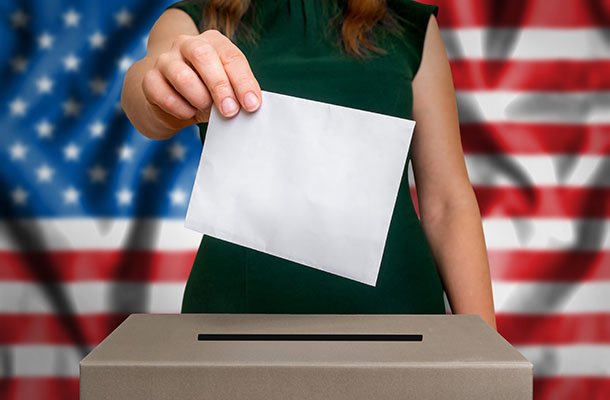The Food and Drug Administration has posted notice for a contractor to test CBD “and related cannabinoids.” The announcement comes less than a month after the agency called for public comments on its guidance for cannabis-derived pharmaceutical research.
“The Food Drug Administration is seeking a Contractor who shall provide support to the FDA by collecting samples and assessing the quantities of CBD and related cannabinoids, as well as potential associated contaminants such as toxic elements, pesticides, industrial chemicals, processing solvents and microbial contaminants, in foods and cosmetics through surveys of these commodities. The purpose of these studies will be to develop a better understanding of the quantities of CBD and associated cannabinoids and their distribution.” – FDA notice, “Collection and Analysis of Products Containing CBD and Cannabinoids,” Aug. 13, 2020
According to agency documents accompanying the posting, the agency is seeking testing for thousands of products as part of the FDA’s Cannabidiol Policy Working Group. The FDA says the laboratory will test “CBD-containing packaged and processed foods such as beverages, water, candy, baked goods, oils and tinctures that can be added to human or animal foods, including pills, capsules, gel caps, gummies and other forms.”
Last November, the FDA issued its first consumer update regarding CBD which claimed that the cannabinoid “has the potential to harm” including negative effects on the metabolism of other drugs, increase risk of sedation and drowsiness when used with alcohol, changes in alertness, gastrointestinal distress, changes in mood, and potential liver damage. The update also claimed that CBD use could be toxic to male reproductivity.
In a mandated update to lawmakers in March, the agency said it was “evaluating issuance of a risk-based enforcement policy that would provide greater transparency and clarity regarding factors FDA intends to take into account in prioritizing enforcement decisions,” according to a Marijuana Moment report.
Last month, the agency submitted a draft of that guidance to the White House Office of Management and Budget.
Medical Disclaimer:
The information provided in these blog posts is intended for general informational and educational purposes only. It is not a substitute for professional medical advice, diagnosis, or treatment. Always seek the advice of your physician or other qualified healthcare provider with any questions you may have regarding a medical condition. The use of any information provided in these blog posts is solely at your own risk. The authors and the website do not recommend or endorse any specific products, treatments, or procedures mentioned. Reliance on any information in these blog posts is solely at your own discretion.






